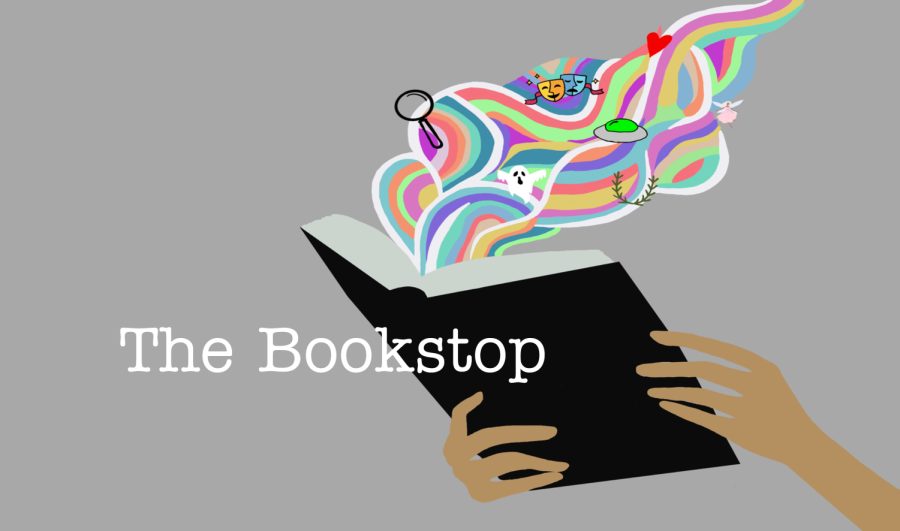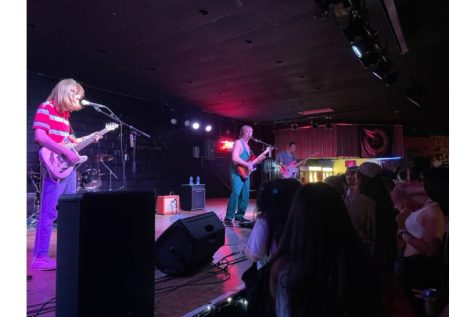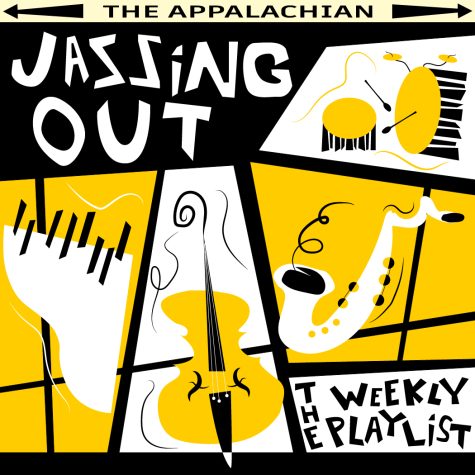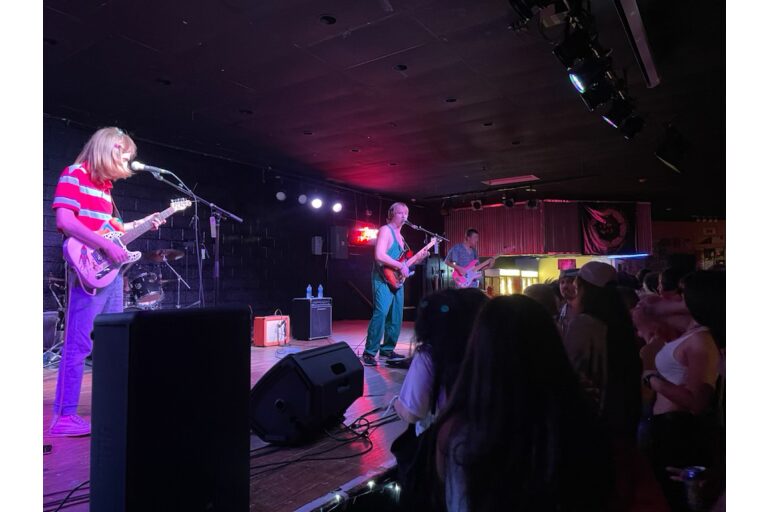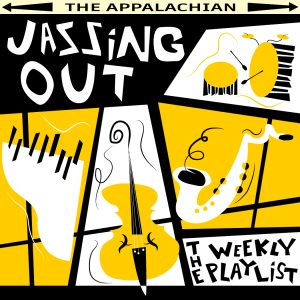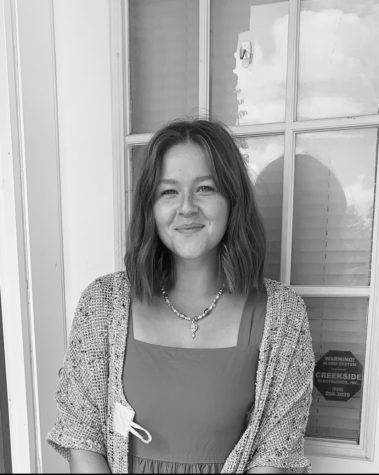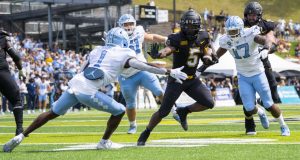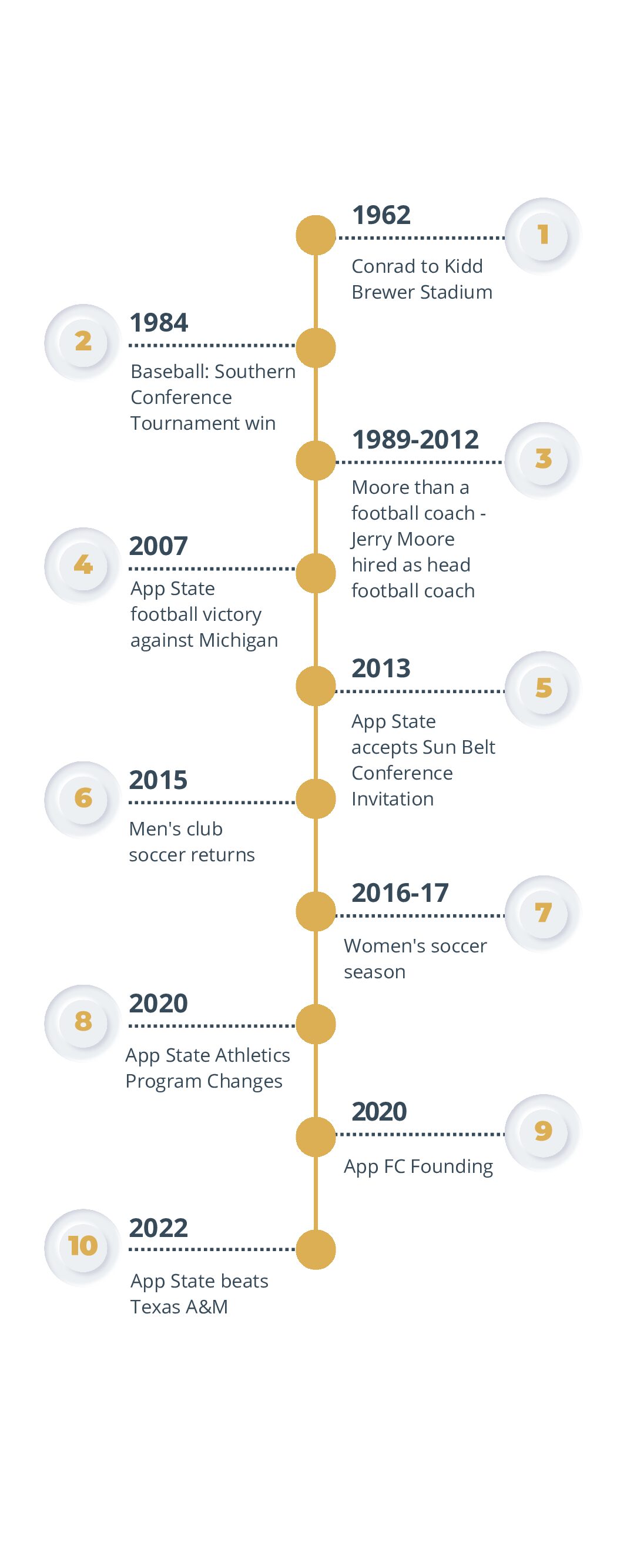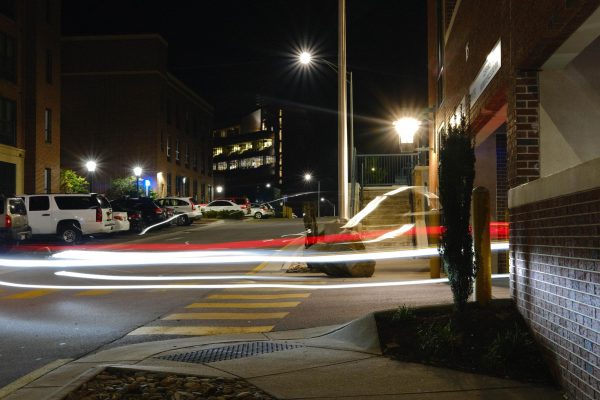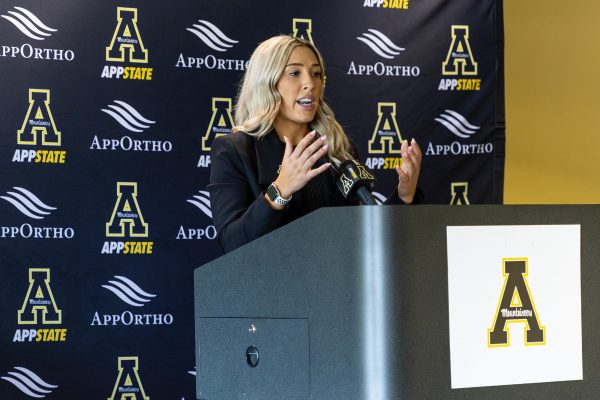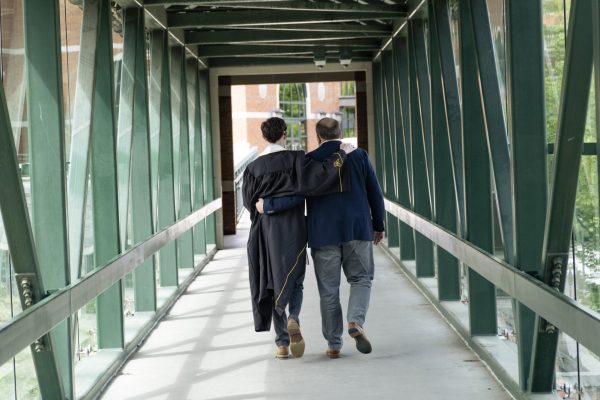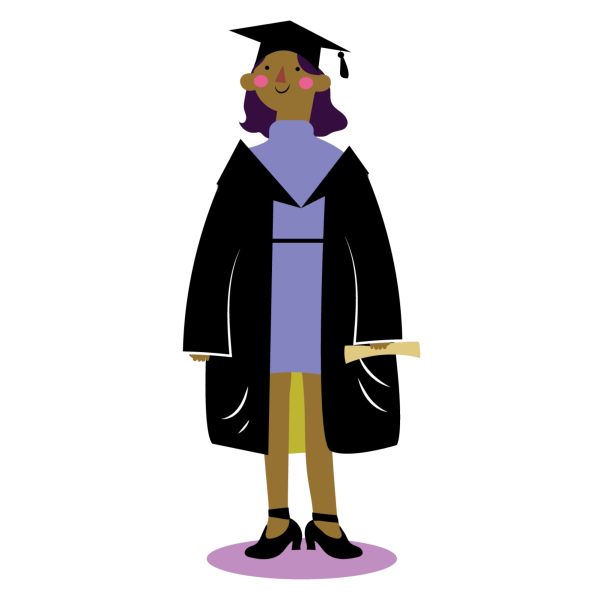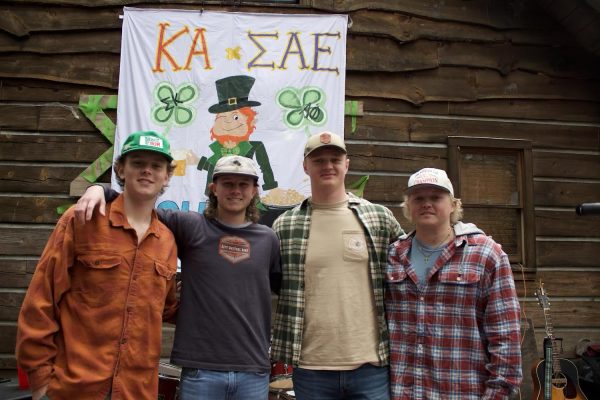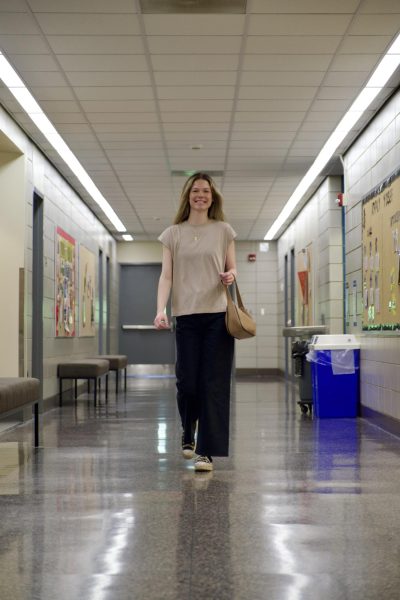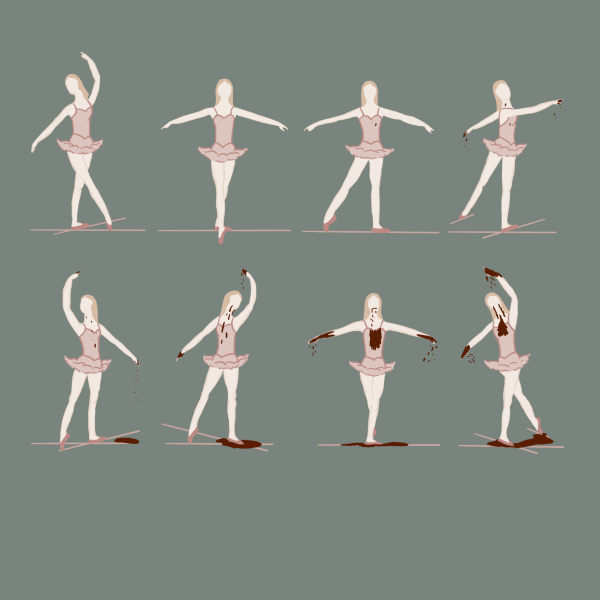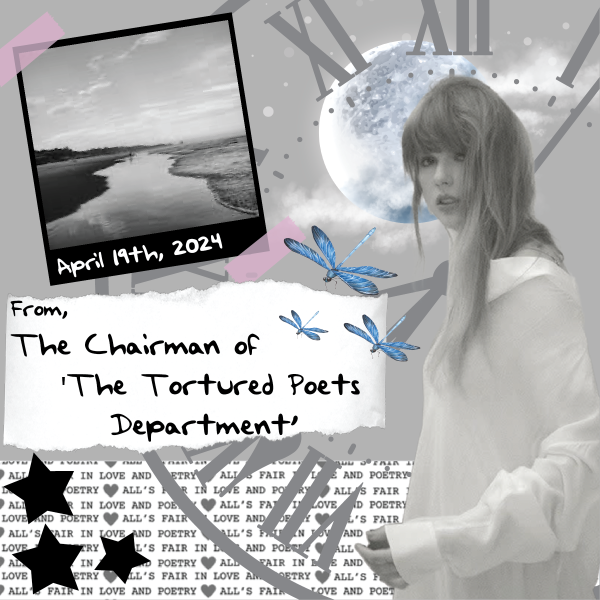The Bookstop: People, places and poems of Appalachia
September 12, 2022
In our community, it might be difficult exploring the culture in and surrounding the Blue Ridge Mountains. However, Appalachia is filled with rich, diverse voices waiting to be read, especially portraying many more stories than those widely read about Appalachian people. Take a wandering stroll through rural Kentucky, West Virginia, North Carolina and other spots along the Blue Ridge with these picks, and learn a little more about the people where most of us call home.
“One Foot in Eden” by Ron Rash
A recipient of the 2002 Southern Appalachian Book of the Year award, this murder mystery and Southern Gothic novel is set in a soon-to-be destroyed Appalachian community. The South Carolina backdrop has five narrators deliver their perspective on the murder of the town troublemaker whose body is nowhere to be found. The lyric prose aids this novel in helping the reader figure out who murdered Holland Winchester and why.
“Even As We Breathe” by Annette Saunooke Clapsaddle
The first novel by a member of the Eastern Band of Cherokee Indians, “Even As We Breathe” is about 19-year-old Cowney escaping his hometown of Cherokee to work at a high class Asheville resort. In the novel, the resort is functioning as a holding cell for foreign diplomats and their families during World War II. When a diplomat’s daughter goes missing, Cowney becomes a suspect. While he fights for his innocence, he goes back and forth from Cherokee learning more about his own past as his future is decided.
“F*ckface: And Other Stories” by Leah Hampton
A striking name filled with 12 stories on rural living, citizen interaction with the environment, the Blue Ridge Parkway, corpses and more. The book is set with vibrant depictions of the mountains and woodlands, alongside further impending land degradation by coal plants. The many characters deal with grief, strife, excitement, loneliness, happiness and more inside the collection. Hampton was a part of App State’s Visiting Writers Series last year where she discussed “ecoanxiety” and smart women in Appalachia alongside her reading.
“Junaluska: Oral Histories of a Black Appalachian Community,” edited by Susan Keefe with assistance from the Junaluska Heritage Association
This year’s Common Reading Program pick at App State is a faculty edited book on the Junaluska community’s history. The oral histories of the Junaluska community is “a record of and testament to family and faith; heritage and community; and persistence and resilience,” according to the website. As an often overlooked part of Appalachian history, learning and preserving Black Appalachia through reading the oral histories of the “village within a village” is a way to start.
“The Birds of Opulence” by Crystal Wilkinson
Captured in prose eloquent of Wilkinson’s background as a poet, this novel is about four generations of Black women living in the rural town of Opulence, Kentucky. The women in the township struggle with leading families, haunting husbands, rebellious daughters, illegitimacy, sexuality and more while trying to avoid the “madness” the women often succumb to.
“Appalachian Elegy: Poetry and Place” by bell hooks
A collection of poetry from activist and feminist, bell hooks, draws inspiration from her childhood in rural Kentucky’s racially integrated schools, the degradation of the land, the culture and the people — welcome and unwelcome — in her life. Elegy, meaning serious reflection usually for the dead, titles this passionate view of Appalachia. hooks’ hauntingly sparse language allows readers to sit with each poem as they experience the sorrow, the love and the landscape of hooks’ rural Kentucky.
“The Hum and Shiver” by Alex Bledsoe
This novel, the first of a six-part, urban fantasy series, centers around the “fairies” of Eastern Tennessee. Drawn from local folklore from Alex Bledsoe’s childhood, the Tufa people are descendants of Irish fairies — the first people found by European settlers. The book starts with a war veteran of Iraq and a “true daughter of the Tufa,” Private Bronwyn Hart having more to deal with than the healing of her wounded spirit and body when omens begin to warn her of more impending tragedies on her people’s doorstep.
“Affrilachia” by Frank X Walker
Frank Walker’s book discusses being a young Black male in a misunderstood place. His artistic experience and renderings have made this poetry book a classic in discussing contributions and intersection of Black Americans in rural Appalachia. He even coined the term “Affrilachia” for his title, but also as a marker of the convergence. The widely used book became the foundational work in forming the Affrilachian Poets, “a community of writers offering fresh ways to think about diversity in the Appalachian region and beyond,” according to Walker’s website.
“Another Appalachia: Coming Up Queer and Indian in a Mountain Place” by Neema Avashia
Neema Avashia’s memoir tells of her experience as an Indian woman discovering her identity in a predominantly white, straight West Virginian town. Her memoir encourages readers to look past the “hillbilly” version of Appalachia and see its complexities and diversity. Avashia discusses lessons learned on race, gender, sexuality, politics, family and more. Avashia will be at this year’s Visiting Writers Series discussing her memoir Sept. 29.

